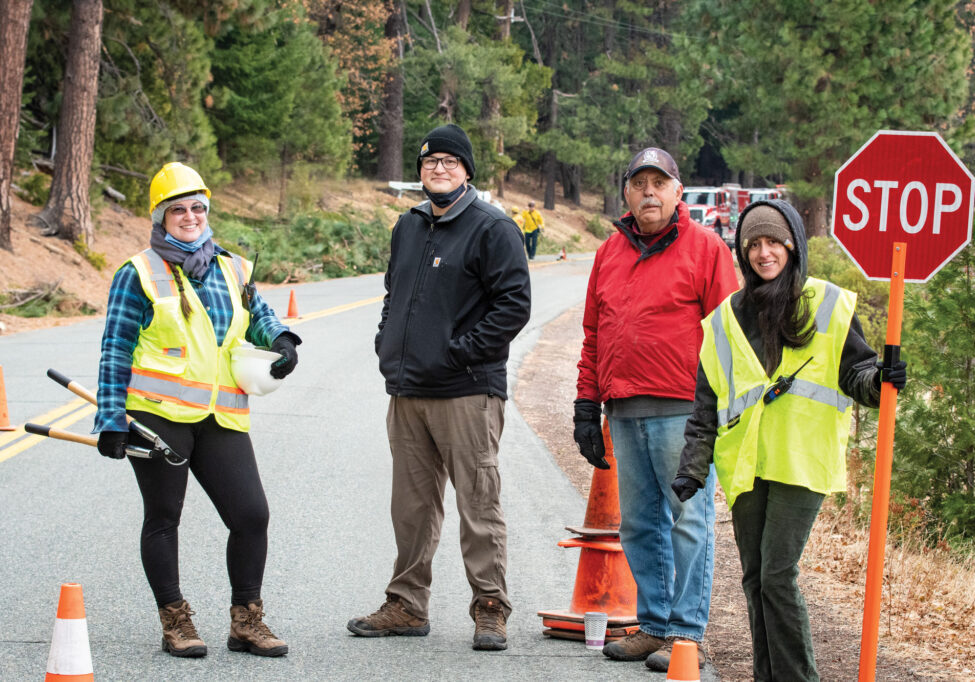There are arguments both for and against a teenager getting a job, especially when employment happens during the school year. Jobs can teach teenagers life-long work skills such as how to fill out an application, how to interview well, how to work responsibly and get along with co-workers and superiors, and can help develop excellent customer service skills. However, extra responsibilities can put stress on academics and cause strain on important relationships and take away from family time. Weighing the following options should be done with open conversation and thoughtful consideration of both pros and cons.
- Jobs can help teens feel more confident and independent.
- Jobs help teens develop a sense of responsibility.
- Some studies show that students who work 10 to 15 hours a week during the school year earn higher grades than students who do not work at all.
- Jobs help teens learn to manage their money.
- Jobs can help teens explore potential career paths.
Cons
- Studies show that teens who work more than 15 hours a week receive lower grades than students who work less or do not work at all.
- Teens who work may find it difficult to keep up extracurricular activities and friendships.
- Some studies show that teens who work are more likely to use illegal drugs or alcohol.
- Many overworked teens sleep and exercise less, and spend less time with their families.
Often, the decision is based on the preparedness of the individual child. Parents can ask themselves, “Is my child ready for a job?” “Can my child handle working and still maintain good grades?” Question your teen’s motive: “Why does my child want to work?”
Is My Child Ready for a Job?
In order to help you decide if your teen is ready for the responsibility of a job, ask yourself these questions:
- Does my teen get out of bed in the morning without prodding?
- Does my teen shower and have good hygiene?
- Does my teen make good choices?
- Does my teen take responsibility for mistakes?
- Does my teen get along with other teens and with adults?
- Does my teen handle criticism?
- Does my teen have good time management skills?
If you find yourself answering “no” to many of these questions, consider the potential outcome of adding a job to your teen’s schedule. Do you think he or she would feel inspired by the extra responsibility, or would it be better to increase responsibilities at home first and consider a job at a later time?
If you aren’t sure, consider letting your child work on a trial basis just to see how it goes. You can also let him or her try out ongoing volunteer work. Volunteering is a great way to see how your teen will handle the responsibilities of a job without quite as much long-term commitment.
If you think your teen is ready for a job, bring him or her into the conversation by talking about why he or she wants a job and what your expectations are for things such as:
- Grades
- Extracurricular activities
- Friends and family
- Income (how much to save versus spend, and what expenses your child will become responsible for)
Where to Look for a Job
If the conversation goes well and you choose to allow your teen to join the working world, start the process by sending him or her out to look for job leads. Try to resist finding a job for your teen. Instead, offer your child these helpful hints:
- Your school guidance counselor may know about local businesses that hire teens.
- Let coaches, teachers, other parents, and friends know you are job-hunting – you never know who may have a lead on the perfect job.
- Look at classified ads.
- Check with organizations your family has volunteered for.
Keep the Conversation Active
Once your teen finds a job, be sure to monitor how it is going and whether your teen is able to handle the added responsibility. Is homework getting done? Are grades staying high? Is your child enjoying the job? Does your child have time for friends and family? If the job seems to be too much, introduce your teen to the concept of work-life balance. Maybe he or she can work fewer hours or cut back to a summer job only. Keep a guiding hand in your child’s work life, but avoid solving his or her problems. A first job can be a very important educational tool.
Reprinted with permission from More4kids International. www.more4kids.info/626/pros-and-cons-of-teen-jobs
Work Permits and Restrictions for Teens
All minors under the age of 18, including those employed by a parent, are required by California labor laws to obtain a work permit. This permit is required to verify the minor’s age, birth date, and enrollment and attendance in school. Minors must be enrolled and attending school full-time before a work permit can be issued. A new work permit will be needed for each employer and must be renewed at the beginning of each school year.
Applications can typically be obtained at the child’s school office, or online.
Employers must provide a supervised position and pay at least minimum wage as well as Workers’ Compensation Insurance.
Minors are allowed to work varying hours depending on age:
Ages 14-15: A maximum of 3 hours on school days and 8 hours on weekends.
Ages 16-17: A maximum of 4 hours on school days and 8 hours on weekends.
Exceptions may apply per county and specific limitations by type of work.
For more information visit the U.S. Department of Labor at http://www.dol.gov and search “work permits for minors,” or visit http://www.dir.ca.gov/dlse/dlse-cl.htm.
For additional information and help with job seeking:
- Butte County: visit Butte One Stop or call them: Oroville (530) 538-7301; Chico (530) 895-4364.
- Glenn County: visit the social services page of the County of Glenn website or call Glenn County Health and Human Services Agency at (530) 934-6514.
- Shasta County: visit The Smart Business Resource Center or call them at (530) 246-7911.
- Tehama County: visit the Tehama County Department of Social Services o call them at (530) 527-1911.
Posted in: Youth & Teen
Comment Policy: All viewpoints are welcome, but comments should remain relevant. Personal attacks, profanity, and aggressive behavior are not allowed. No spam, advertising, or promoting of products/services. Please, only use your real name and limit the amount of links submitted in your comment.
Comments
Trackbacks
-
[…] part-time jobs, managing school and work responsibilities can be a challenge. However, with the right strategies and mindset, it is possible to balance both responsibilities and achieve success in both […]
-
[…] of the most effective ways to balance schoolwork and part-time jobs is to create a schedule. This can help young teens […]
Leave a Reply
You Might Also Like...

Education and Preservation through Volunteerism at Mount Shasta Bioregional Ecology Center
When one thinks of volunteerism they may envision large crowds, loads of busy-work and inevitable exhaustion. This assumption can lead an introvert to steer clear of offering their time to […]

Some Like It Cold! – An Interview With Open Water Swimmer Hunter Wright
Open water swimmer Hunter Wright recently turned 17. He trains in the challenging waters of the San Francisco Bay; to date he has completed 20 Alcatraz crossings and 8 Golden […]

May The Fourth Be With You: Host An Epic Star Wars Party
After putting off fun during a pandemic, we’re ready to make the most of every celebration. Team up with budding Star Wars fans to create festive family fun for May […]

“MOM! I Don’t Want to Set Goals!” Talking to Your Teen About Goals
As we leave 2024 behind us and look forward with hope to a bright new year, we begin to set new year’s resolutions, or as they are called the rest […]





Kreston says
great info, thanks a ton 🙂
kreston says
good info i liked it
Lila Ferris says
I agree!
Ace says
thank you for the info
Lucas says
thanks alot this helped me so much 🙂
Claire says
Thanks so much! It helped a lot!
Mystery Person says
Thanks really helped me! 🙂
Chase says
I agree
h says
Thanks for the info, i am using this in a debate